"African culture bench"
==Appreciation==
From antique shops to markets, from royal palaces to ordinary homes, people can always see benches in almost all regions of Africa. In addition to being a necessity in daily life, benches are also a carrier of African traditional culture.
The earliest African benches appeared in West Africa in the 9th century BC, in what is now Nigeria and Ghana, and then spread throughout sub-Saharan Africa, from Tanzania and Kenya in East Africa to Togo and Cote d'Ivoire in West Africa. Among them, the Ashanti people in Ghana, the Igbo and Yoruba people in Nigeria, and the Tabwa people in Congo are particularly fond of using benches.
In addition to being used for sitting, African benches are sometimes used as pillows to prevent women's hairstyles from being damaged during sleep - these complex hairstyles often take a whole day to create.
In Ghana, everyone has a favorite bench. The first gift a father gives to his son is often a bench, and the first gift a fiancée gives to her lover is also a bench.
Everyone carefully preserves their own bench and washes it with clean water every day to keep it holy. In some sacrificial occasions, people even offer food and wine to the bench. After a person dies, relatives will paint the deceased's beloved bench black with animal blood to express their grief.
African benches are often carved from a whole piece of wood, mostly with two, three, or up to five legs, and usually with human or animal figures carved on the bench support frame.
The Bamilian people of Cameroon carve spiders, a symbol of wisdom (the Bamilian people believe that spiders living underground are the link between the dead and the living), and cheetahs, a symbol of speed and bravery, on all their benches. The benches used by tribal leaders are usually decorated with inlaid beads. The Dogon people of Mali regard the bench top as the sky and the bottom as the earth, and the bracket between the bench top and the bottom symbolizes a big tree, connecting the sky and the earth.
In many African tribal cultures, benches are extremely personal objects and are considered to be carriers of souls. The Ashanti people of Ghana believe that when a bench is not in use, it should be leaned against a wall to prevent passing souls from mistakenly entering it.
Sitting on someone else's bench is considered taboo. For example, the Akan people of Ghana believe that sitting on someone else's bench will defile the soul of the owner of the bench.
Therefore, everyone regards his own bench as a treasure, and the bench, which is indispensable in life, has increasingly become a symbol of the owner's power and social status. In some tribes, only the tribal leader, priest, witch doctor, dignitary and others can own their own bench.
A Swahili proverb in East Africa says: "He who sits on the bench should be respected." This means that if the new king has his own bench, he should be treated as a king even if he is very young. In Ghana, the ascension of a tribal chief is called "sitting on the bench", and the abdication of a chief is called "leaving the bench", and the bench is the throne.
In the Yoruba region of Nigeria, the bench of the tribal chief is usually wrapped in white cloth and kept by a special person. Only in important ceremonies will the chief display his exquisite bench to show his power. The bench and power are passed down from generation to generation in the Yoruba.
The shape of the bench varies depending on the owner's status and power in the tribe. Some are just a piece of rough wood, while others are made of gold.
If you like it, please share it with your friends! ~
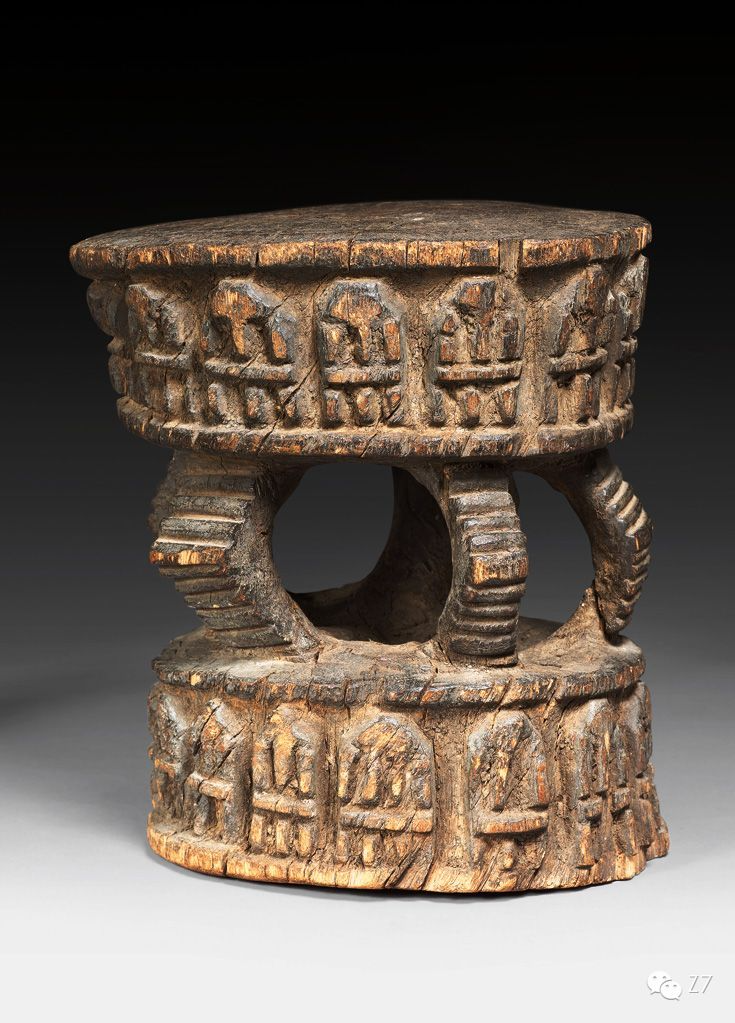
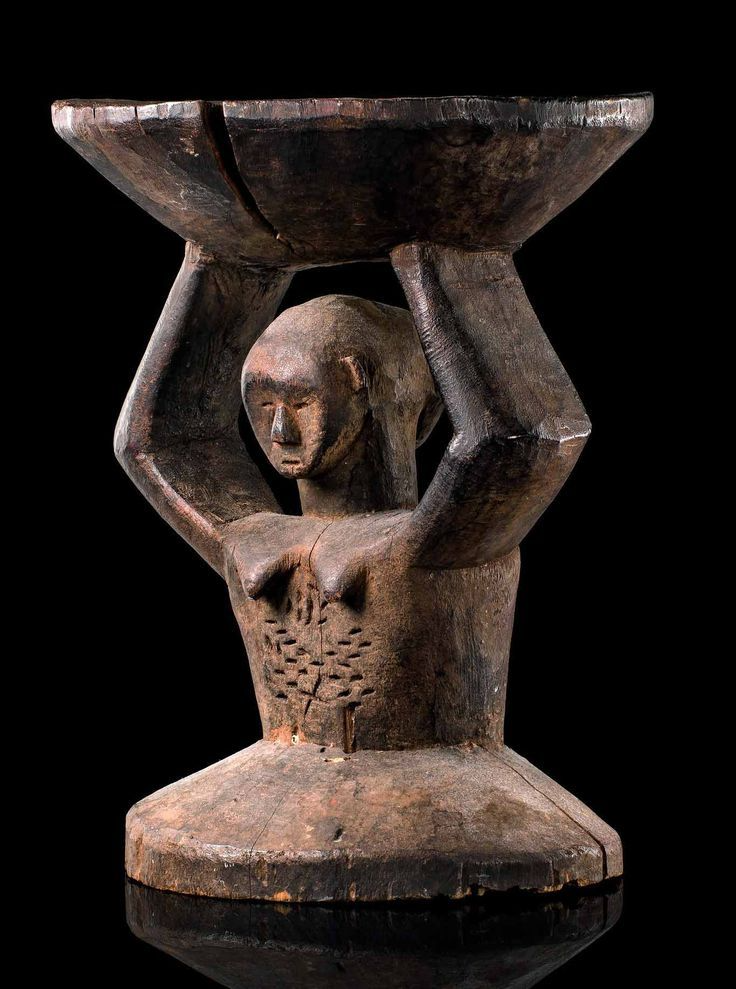
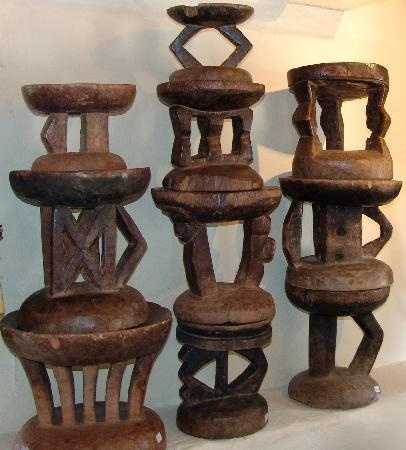
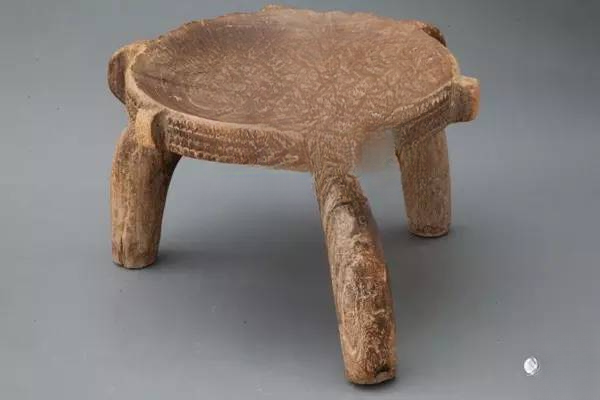
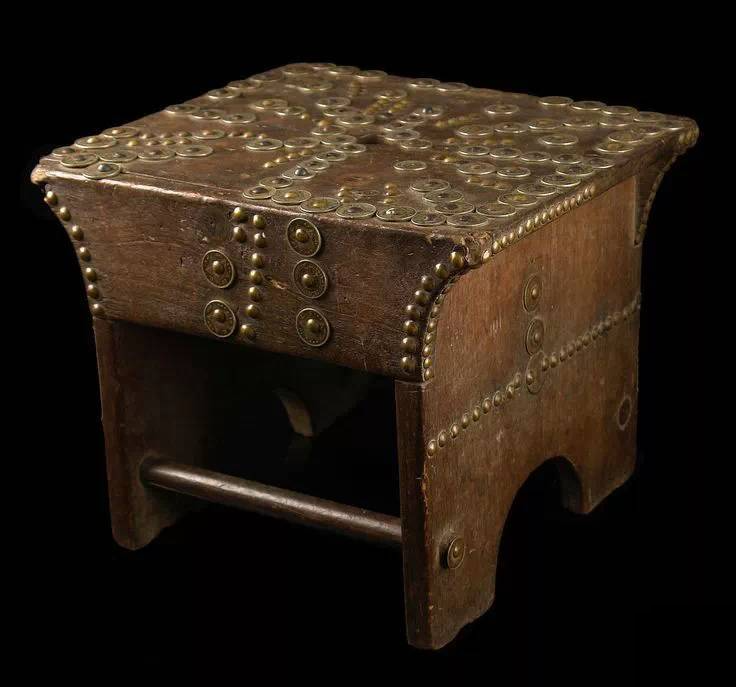
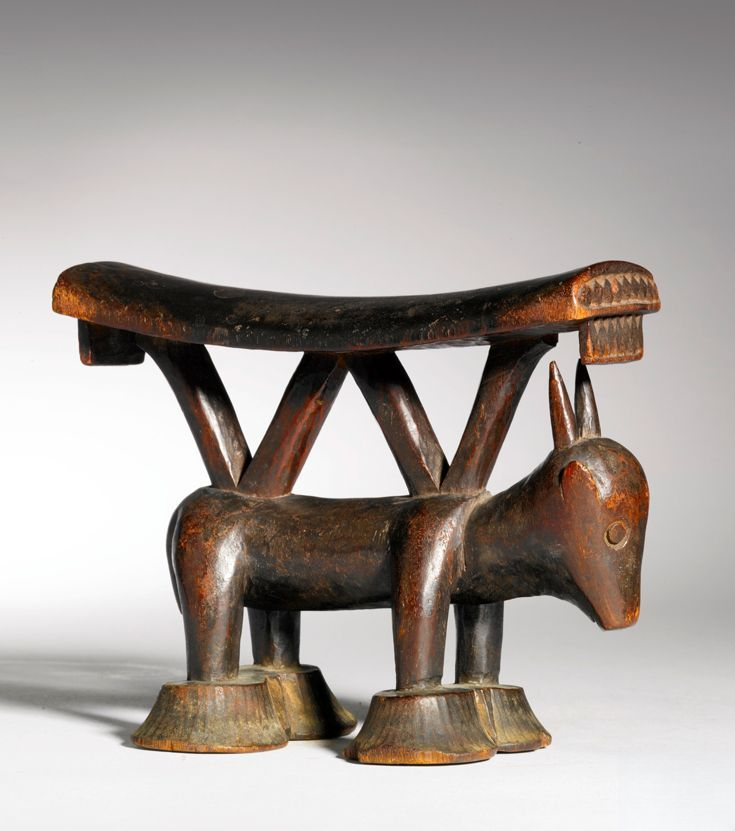
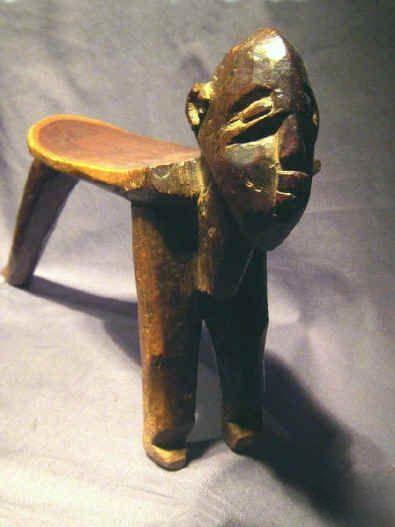
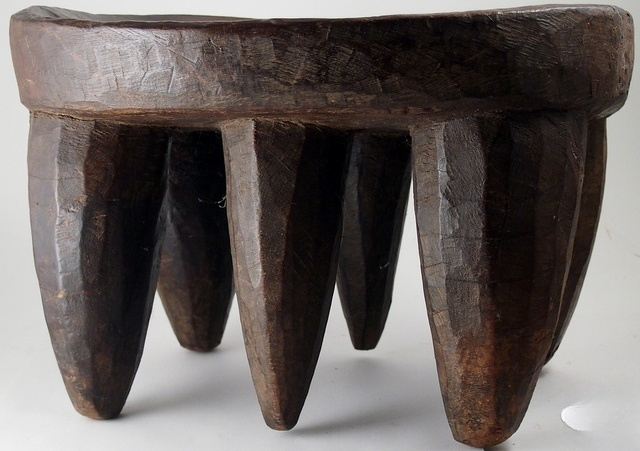
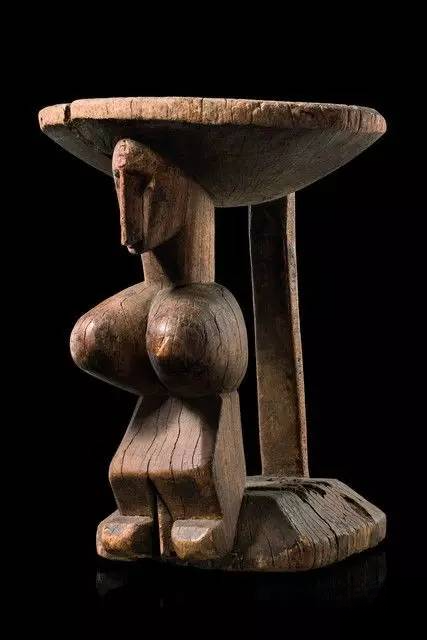
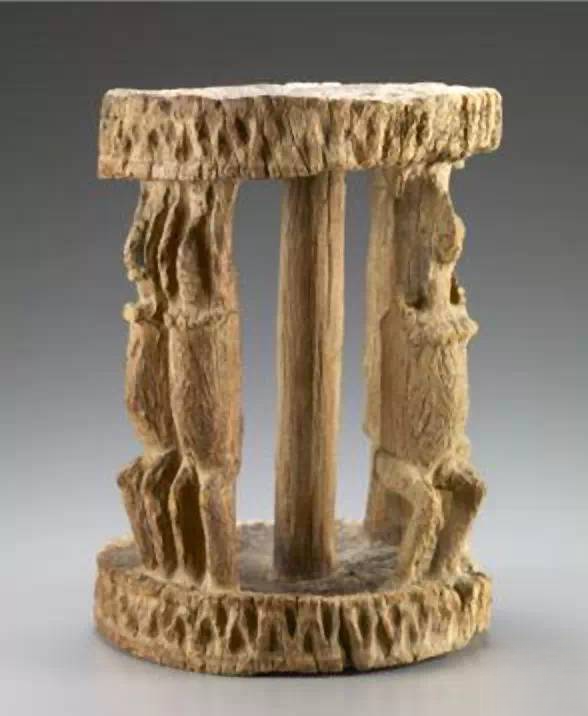
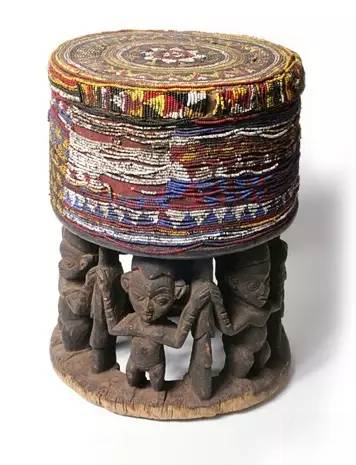
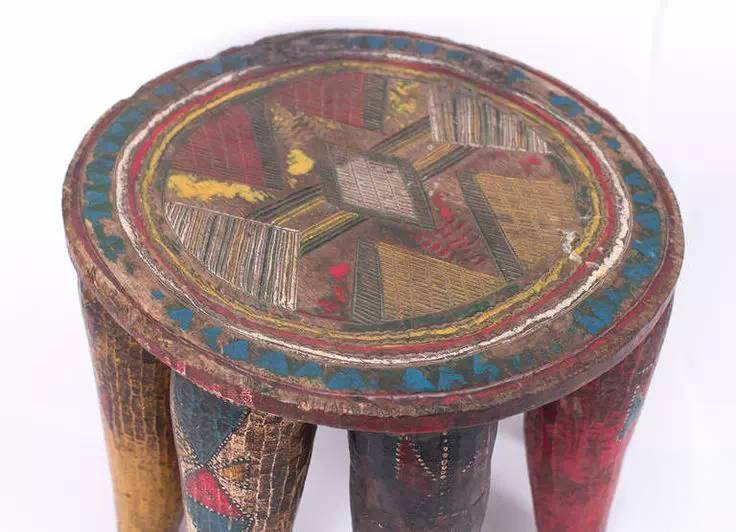
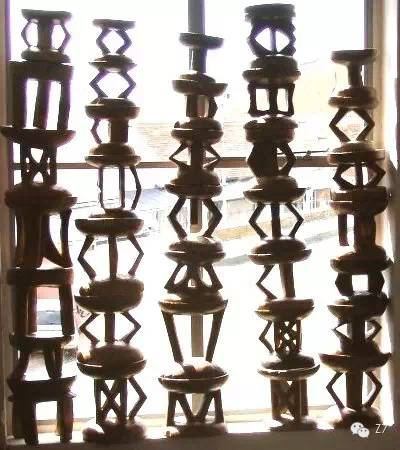
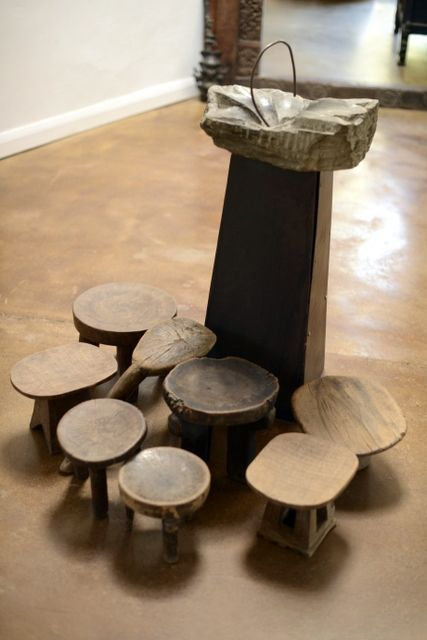
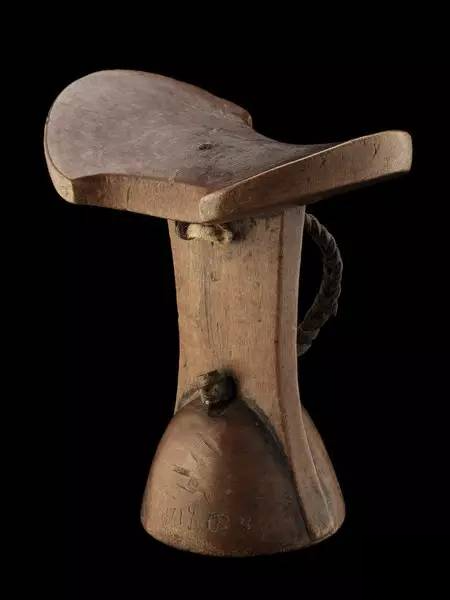
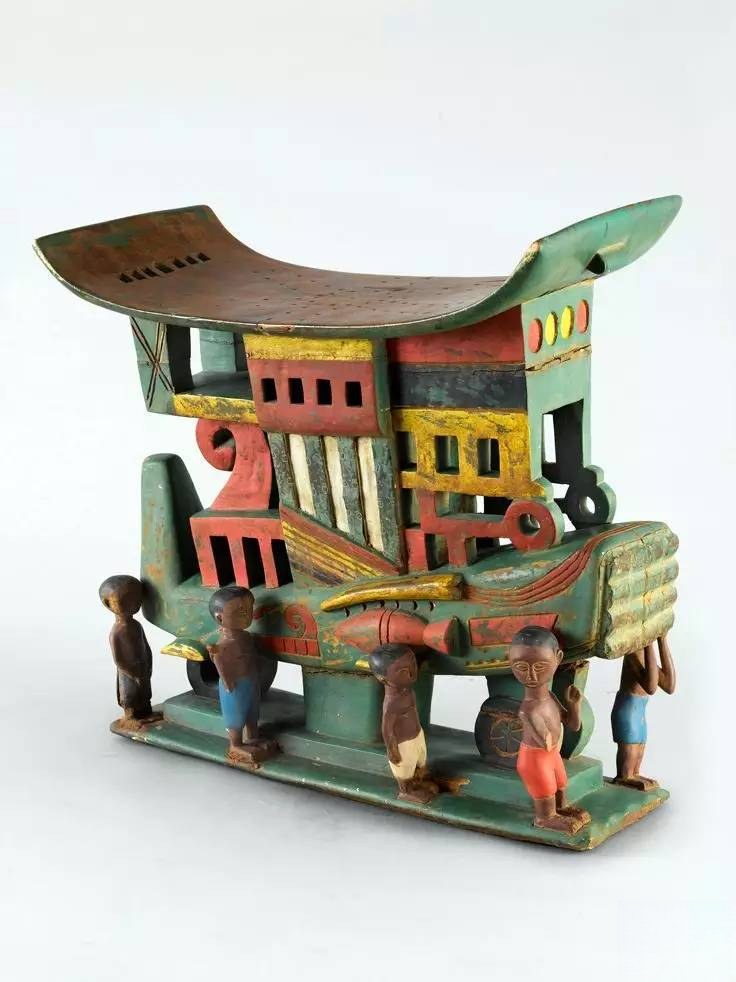
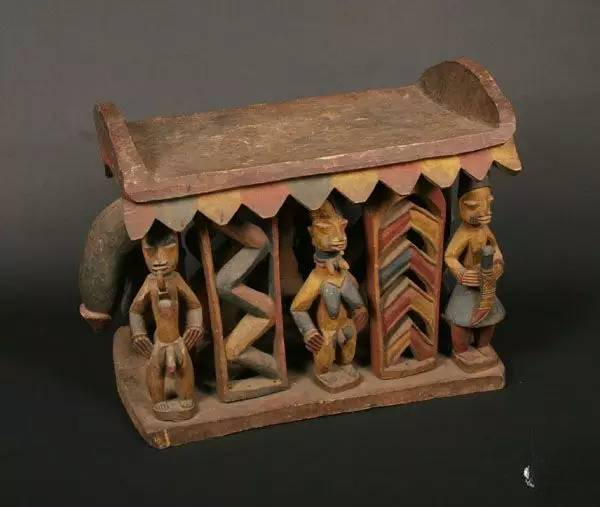










If you have anything to say, please leave a message~~~